Our Services List
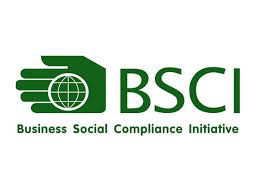
BSCI
The BSCI is the European social monitoring system for ethical sourcing initiated by the Brussels-bas ed Foreign Trade Association (FTA). BSCI is a business-driven initiative for companies committed to improving working conditions in the global supply chain. BSCI unites hundreds of companies around one common Code of Conduct and supports them in their efforts to build an ethical supply chain by providing them with a step-by-step development- oriented system, applicable to all sectors and all sourcing countries.
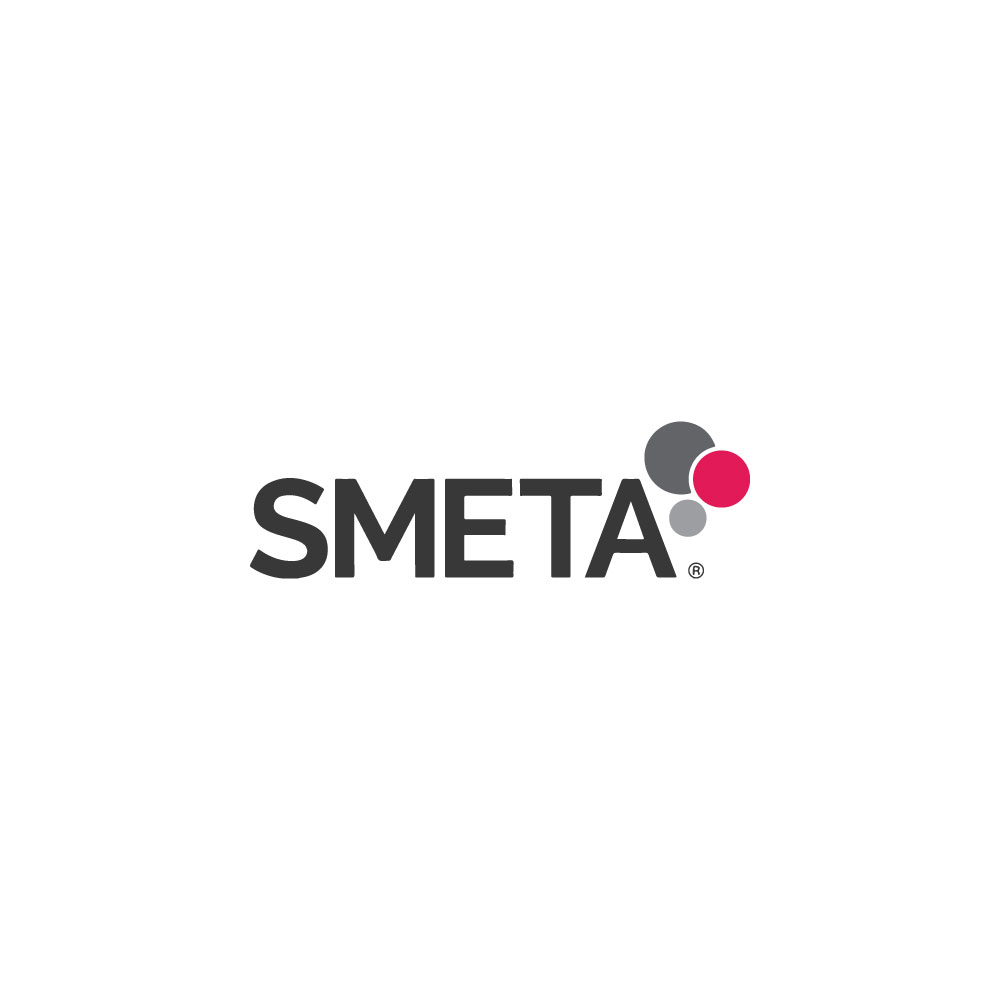
SMETA
SMETA, which stands for Sedex Members Ethical Trade Audit, is a widely used social audit procedure. It was developed by Sedex to provide a standardized approach to assessing ethical and responsible practices in a company's supply chain. The audit is used to evaluate the standards of labor, health and safety, environmental performance, and business ethics at a company's own facilities or a supplier's site. This helps businesses and their customers identify and mitigate risks, improve working conditions, and increase transparency.
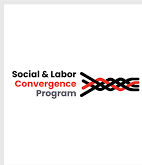
SLCP
The SLCP is a multi-stakeholder initiative that aims to improve working conditions in global supply chains by replacing redundant social audits with a single, converged assessment framework.
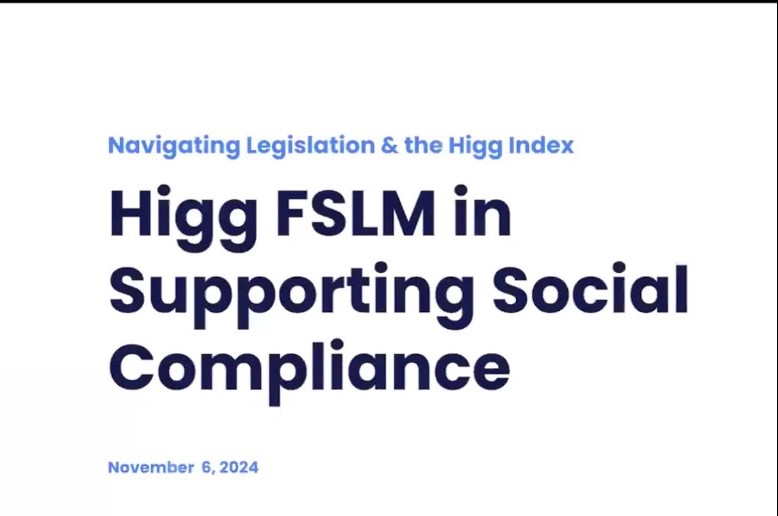
Higg FSLM
The Higg FSLM enables facilities to self-assess their social and labor performance, with the option for third-party verification to ensure accuracy. Its primary goal is to foster equitable and safe working conditions while reducing the need for multiple, redundant audits, known as "audit fatigue".
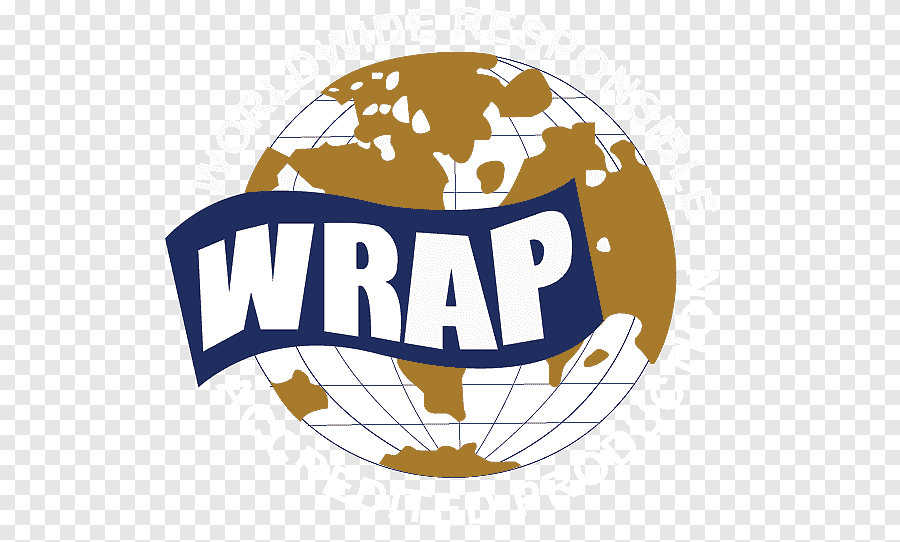
WRAP
WRAP is a globally recognized independent certification program for manufacturers in the apparel, te xtile, and sewn products industries.
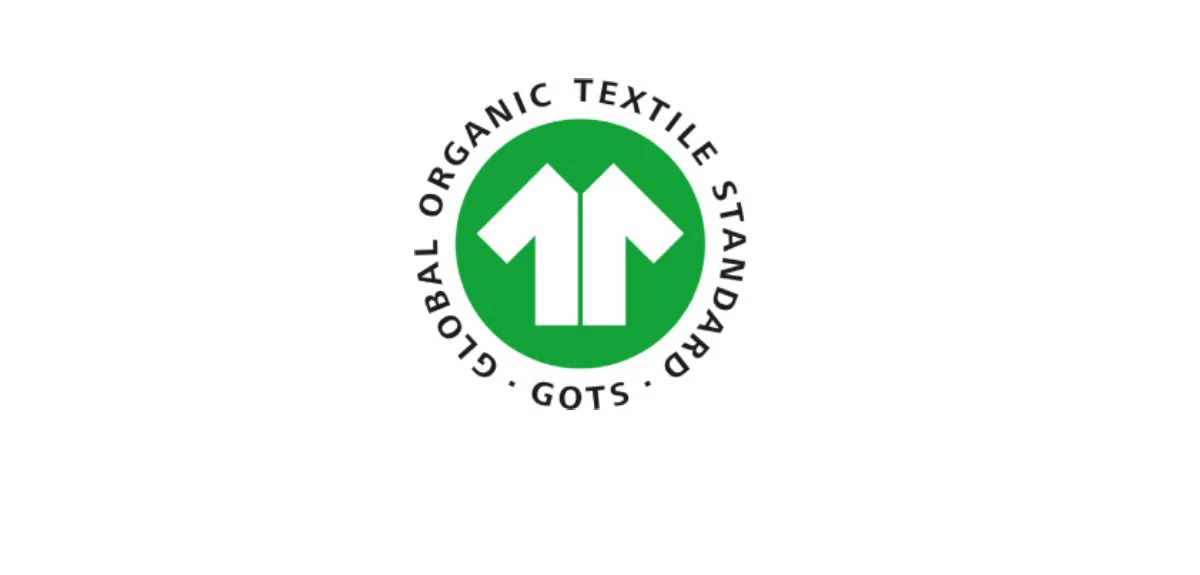
GOTS
GOTS is an international standard that covers the entire production process of textiles, from the ha rvesting of raw materials to environmentally and socially responsible manufacturing and final labeling. It prevents "greenwashing" by providing transparent, third-party certification across all stages of the supply chain.
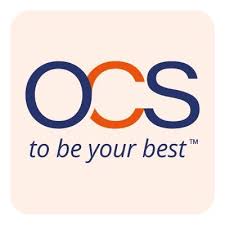
OCS
OCS is an international facilities services business with over 125 years of experience. Headquartere d in the UK, it provides a wide range of services to customers in the UK, Europe, the Asia-Pacific region, and the Middle East. The company has a mission to make "people and places the best they can be".
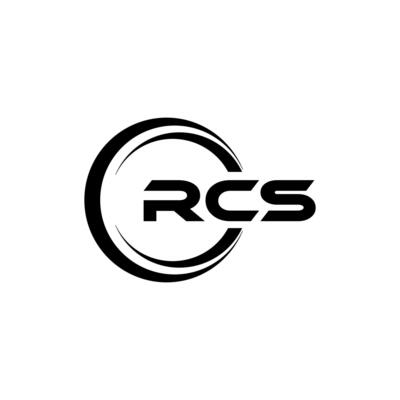
RCS
Rich Communication Services (RCS) is an industry-standard messaging protocol that upgrades tradition al SMS and MMS texting with features typically found in modern, internet-based chat apps. Developed by the GSM Association (GSMA), RCS allows users to send richer, more dynamic content through their phone's native messaging application
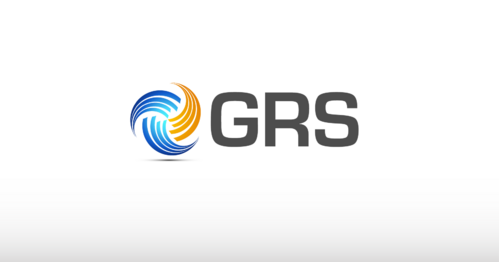
GRS
The GRS (Global Recycled Standard) logo is an international certification mark for products made wit h a high percentage of recycled content, verifying their environmental, social, and chemical standards
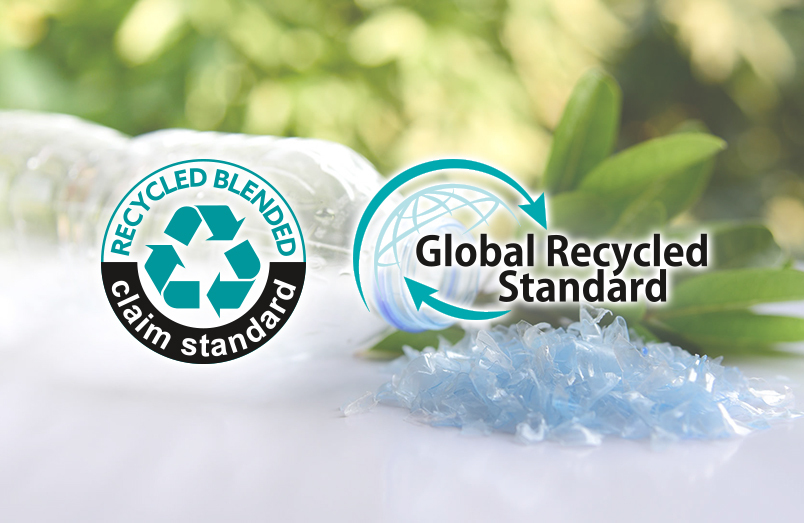
Combined GRS + RCS
There is no single "combined GRS + RCS" logo because they are two separate standards, though they ar e related, with GRS being more rigorous than RCS.
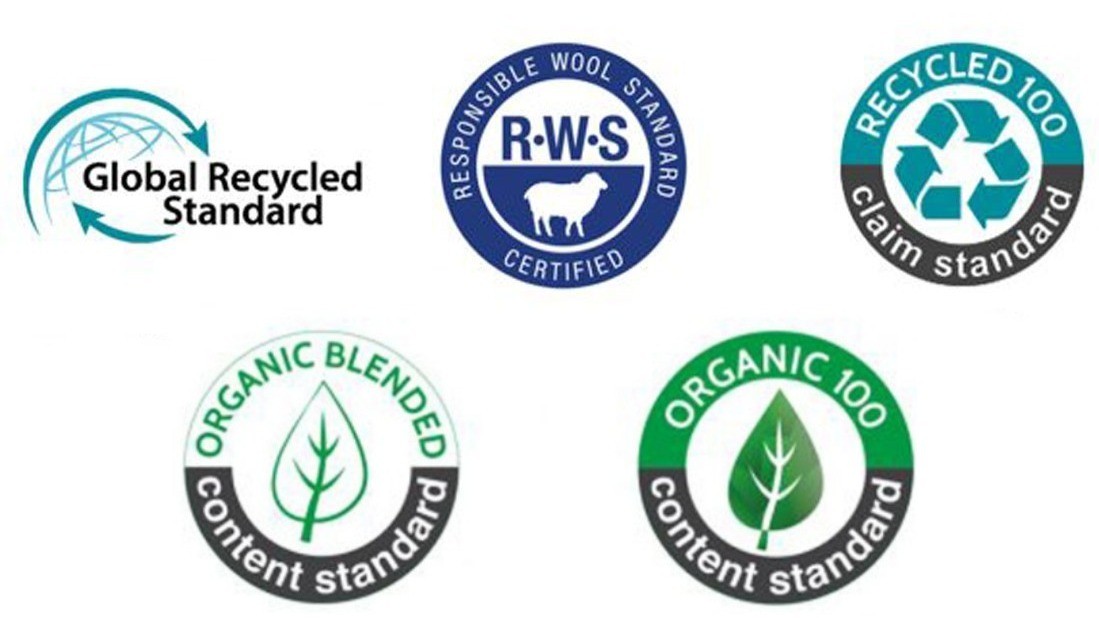
Combined GOTS + OCS + RCS + GRS
GOTS, OCS, RCS, and GRS are all textile and recycling standards with unique logos and purposes. GOTS (Global Organic Textile Standard) ensures organic fibers and ethical production, while OCS (Organic Content Standard) verifies organic material content but not environmental and social criteria during production. RCS (Recycled Claim Standard) tracks recycled materials through the supply chain, and GRS (Global Recycled Standard) does the same but also includes social and environmental criteria for recycled content products. The logos for these standards are distinct, often featuring the standard's name in a specific design, to visually communicate the product's certified origin and manufacturing practices.
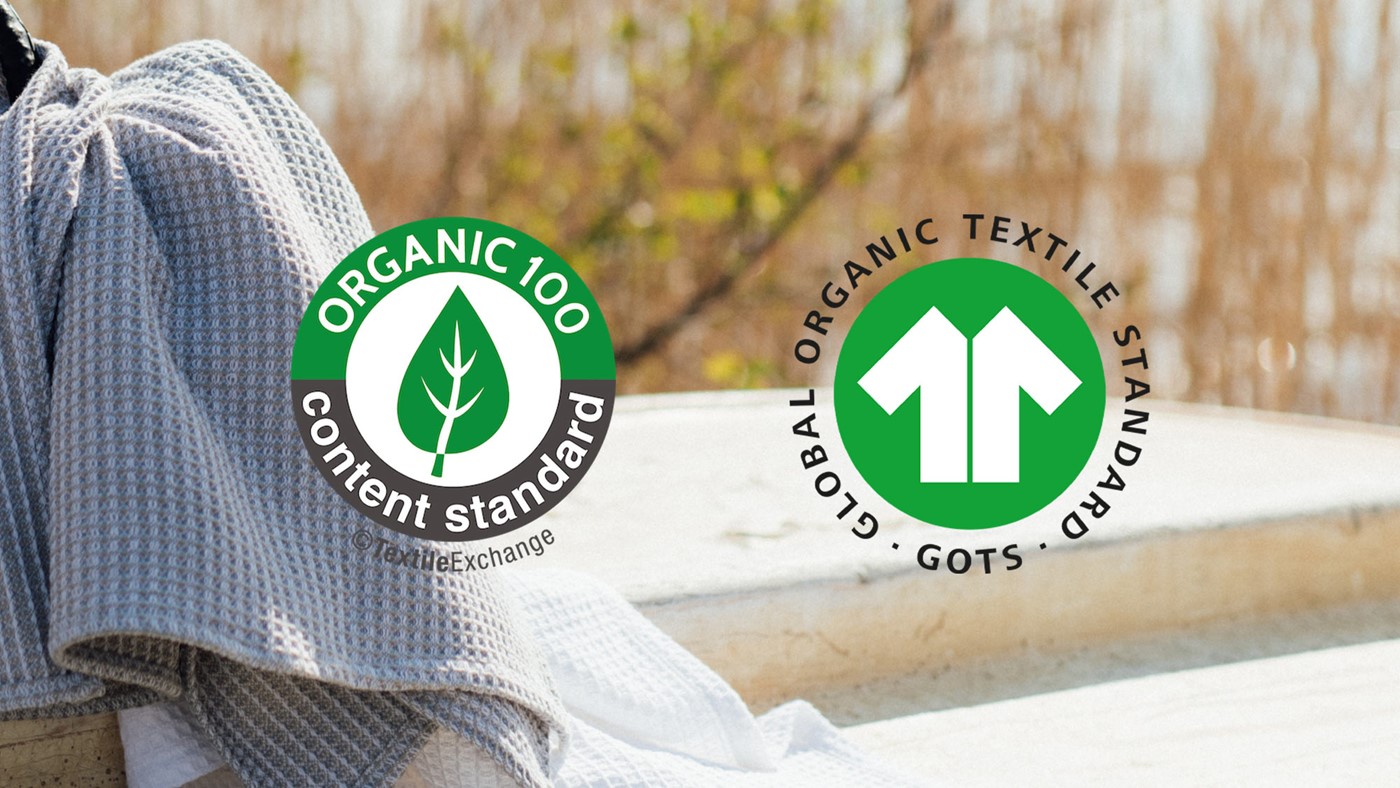
Combined GOTS + OCS
There is no single "combined" GOTS + OCS logo, as GOTS is a comprehensive standard and OCS is a stan dalone content standard. Instead, a product may use the GOTS logo if it meets all GOTS criteria, or it can use the OCS logo if it only meets OCS criteria. A product that uses a mix of OCS-certified and non-certified material is ineligible for the GOTS logo. Instead, it may use the OCS logo with a specific claim or description indicating the percentage of organic content.
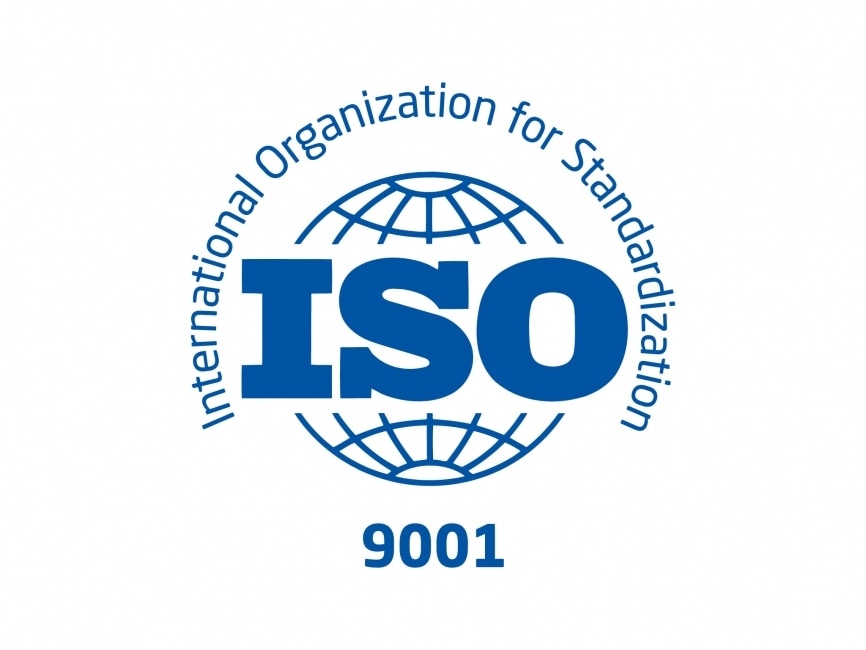
ISO 9001 (3-Year Cycle)
ISO 9001 is an internationally recognized standard for creating, implementing, and maintaining a Qua lity Management System (QMS). The current version is ISO 9001:2015, which was last confirmed in 2021. It provides a framework for organizations of any size or industry to ensure their products and services consistently meet customer and regulatory requirements.
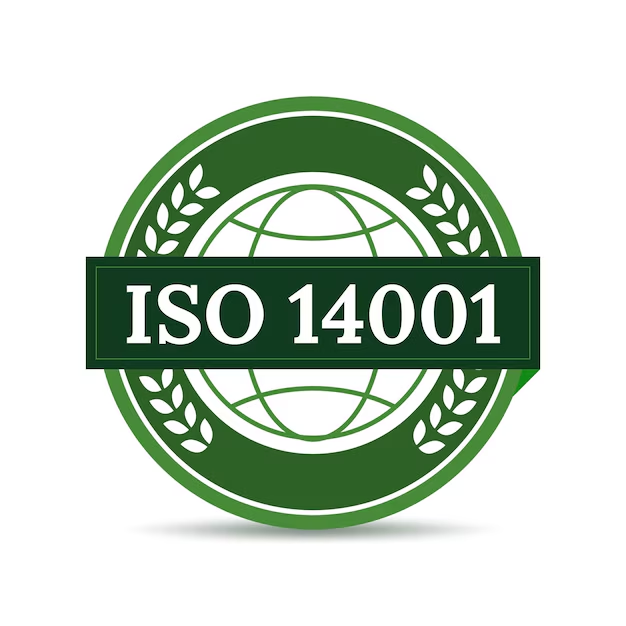
ISO 14001 (3-Year Cycle)
ISO 14001 is the globally recognized international standard for an Environmental Management System ( EMS). It provides a framework for organizations to design, implement, and maintain a system that helps manage and improve their environmental performance.
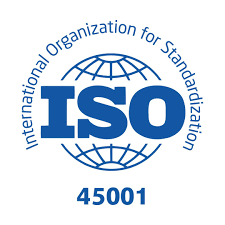
ISO 45001 (3-Year Cycle)
ISO 45001:2018 is the international standard for occupational health and safety (OH&S) management sy stems. It provides a framework for organizations to manage risks and improve their OH&S performance, replacing the previous OHSAS 18001 standard.